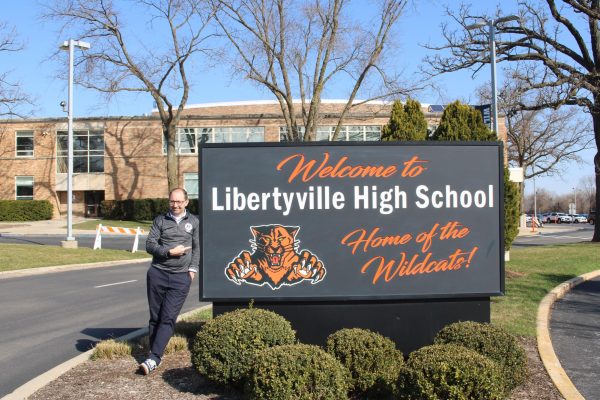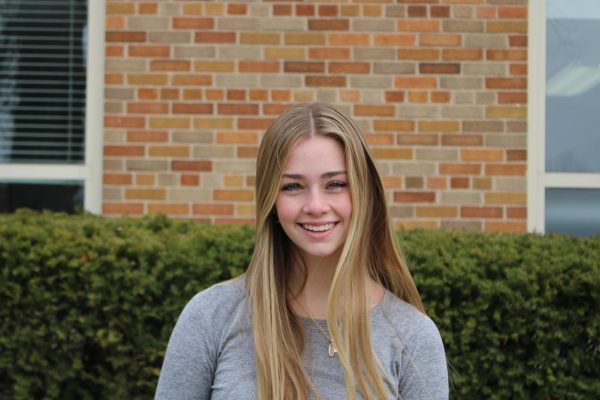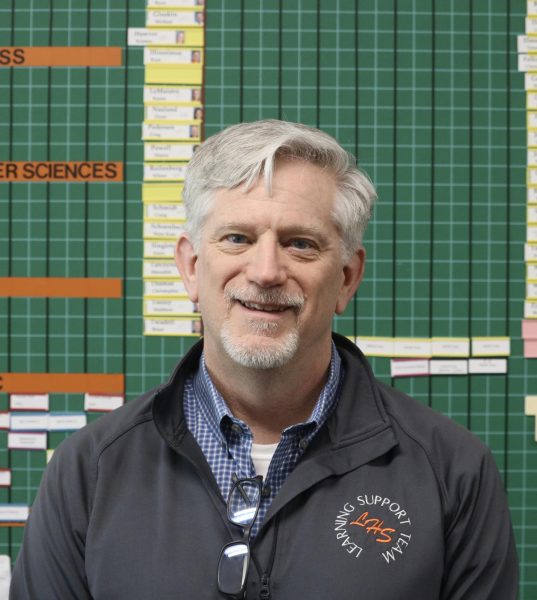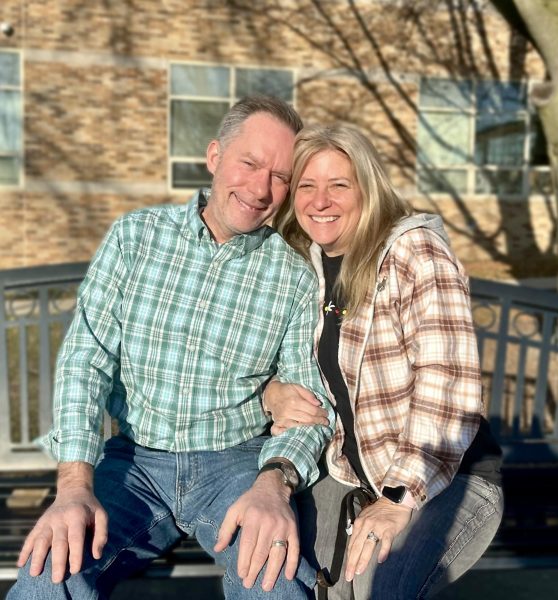That’s not my name
Students with often mispronounced names reveal what it’s like to have a unique name and the meaning behind it
William Shakespeare claimed that “a rose by any other name would smell as sweet,” however, that’s not always the case. Evident in the thoughts of students interviewed at LHS, calling someone by the wrong first name or an incorrect version of their name can often make them feel small, like they are so unimportant that others can’t be bothered to remember how to put a few letters together.
Whether intended or not, what’s often communicated by pronouncing someone’s name wrong is this: Your name is different. Foreign. Weird. It’s not worth my time to get it right. Name mispronunciation actually falls into a larger category of behaviors called “microaggressions,” defined by researchers at Columbia University’s Teachers College as “brief and commonplace daily verbal, behavioral, or environmental indignities, whether intentional or unintentional, that communicate hostile, derogatory, or negative racial slights and insults toward people of color.”
As those interviewed explain, names, both literally and metaphorically, define us as people (Note: These interviews were all conducted via email). They tell the stories of our birthplace, our ancestors and our culture. In taking the time to learn a difficult or uncommon name, people can display a high level of respect with just a simple gesture.
So, what’s in a name? Well, more than you’d think.
Anniina Walquist, Senior
“My name is Finnish and, while unique here, is a little bit more common in Finland… I’ve heard just about every variation of it that one could think of, including just trying more common names and trying to call me by a nickname. Due to it happening as long as I can remember and that I now understand it happening [because] a double vowel like in the middle of my name isn’t common in English, my reaction is generally to just correct them and move on. My name is definitely something that is important to me and I wouldn’t change it for anything. It’s helped to be a part of teaching me that being a little different is okay and that everyone should be proud of who they are and where they come from.”
Angad Virk, Senior
“The name ‘Angad’ means ‘of my own body.’ This refers to being a part of God. Also, in Sikhism, my religion, Guru Angad Dev Ji is the second Guru of the 10, which is who I was named after. My name is mispronounced often, usually because there are different ways to pronounce it and people don’t know how to tackle it. At home, the pronunciation is ‘un-ng-uh-d,’ which is different, as we speak Punjabi, so the accent is different. At school, as far as I remember, my name has been pronounced ‘on-god,’ which is easier for people to speak. The most common mispronunciation I hear is ‘Angard,’ which baffles me [because] there is no ‘R’ in my name. As my name has been mispronounced so many times in the past, I’m usually expecting it to get messed up … It comes from a different culture and the combination of vowels and consonants can be tricky. There is the odd person, however, that gets it spot on and it feels good when that happens. My name has impacted my life massively as I am yet to meet someone with my name. It makes me carry my name with pride, even if it is sometimes mispronounced. I feel like being unique with my name gives me a certain sense of identity.”
Desigamoorthy Shanmuganathan Nainar, Sophomore
“My name comes from one of my ancestors, who was a Hindu saint that helped build one of the most prominent temples in southern India. My name is mispronounced quite often on the first try, but many people get the hang of it after saying it a few times. Many people don’t try to say my full name, but those who do usually mispronounce the ‘th’ sound at the end of my name for a hard ‘t’ sound. I find it funny when someone mispronounces my name but appreciate that they tried their best. My first reaction is to politely correct their pronunciation and tell them nicknames they can call me instead. My name has impacted my life because it has taught me more about my culture. It’s a memorable name that makes an impression on most people I meet. I think that having people mispronounce my name and figuring out the right way to correct their pronunciation has improved my character and communication skills.”
Kathleen Jin, Sophomore
“There is a specific meaning behind my name, Yinghao, like most Chinese names, but it’s hard to describe in English as it’s not like the normal names we have here. My name is mispronounced regularly, but I go by Kathleen. It’s mostly with substitutes in class or on the first day of school. People don’t really know what to do with it. My initial reaction is annoyance and a bit of embarrassment because people don’t know who it is. I don’t blame them and I don’t really care that much, but it’s just annoying when people say ‘Who’s that?’ My name hasn’t really impacted my life because I go by Kathleen. The most it’s ever impacted me is when I don’t know whether to put Yinghao or Kathleen when I’m doing a survey or I’m signing my name on official documents.”
Kajsa Murphy, Freshman
“Kajsa means ‘pure,’ and I have recently found out it also means ‘queen.’ My name is mispronounced just about every time I meet someone new. Others will pronounce it as ‘Keysa,’ ‘Kajisa,’ and many other ones. My name is pronounced ‘KAI-sa.’ In middle and elementary school when our class got a sub or new teacher and they pronounced my name, most of the class will correct them. Even without me saying anything. Now, in high school, new people will try to pronounce my name and I immediately correct them. Then other times when I meet the same people, they may get my name wrong again, and I will try to keep on correcting. There is a long family story behind my name and why I am named Kajsa, but I do love my name. I do, however, get a little tired of people mispronouncing it.”
Annika Larson, Senior
“Annika means ‘grace’ in Swedish. It’s mispronounced pretty often. Usually when someone only knows me from social media or when a teacher first reads my name off, it’s ‘Annie’ instead of ‘ON-knee’ (Anni) and ‘ANN-ika’ rather than ‘ON-nika.’ Usually, I don’t say anything. By senior year, most people know how to pronounce it correctly. The people who pronounce it wrong are people I don’t see often. In class, if we have a sub they usually pronounce it wrong and my friends and I just laugh because it happens all the time. My name is a big part of me. It represents not only my family and heritage but my individualism and uniqueness. I really like my name because it’s not common. (Although, two other girls are named Annika in my class. Crazy!) My middle name is also Grace, so when I was younger, I thought it was fun and quirky to tell people my name was Grace Grace Larson.”
Pavan Acharya, Sophomore
“My name means ‘wind’ in Gujarati, a language spoken by my family ties from India. Similarly, all of my siblings have names that have Gujarati meanings as well. My name is mispronounced very often by people I have met for the first time. Most people mistake the ‘uh’ sound in my name for an ‘ah’ sound, similar to the word ‘hot.’ The phonetic spelling of my name should look similar to ‘Puh-vin’ but most pronounce my name ‘Pah-vin.’ When someone mispronounces my name, I typically react very calmly. I have become very used to others mispronouncing my name and have become understanding of their struggles. It would be easy to be angry with others for saying my name wrong, but we are all human and we all make mistakes. Typically, when someone says my name wrong, I just tell them how to say it correctly. I feel that my name is unique not only for what it means but its effect on my life. I believe that it’s okay to be different from everyone else and my name is just one example of this belief. It is important for everyone to embrace their differences and think positively about themselves.”
- Alphabetically, freshman Lily Abbott is the first name to appear on an all-school roster.
- And junior Shanice Zwingmann is the last.
- Junior Ian Cox, at six letters, has one of the shortest names in the school (he’s also a DOI staff member).
- And at 33 letters, sophomore Desigamoorthy Shanmuganathan Nainar has the longest name.
- It’s likely that you know one of the 26 Emmas at LHS, since it is the most common female name among the student body.
- And there’s a great chance that a Matthew or Mathew is in one of your classes, as it is the most common male name at LHS, with 40 students sharing the given name.



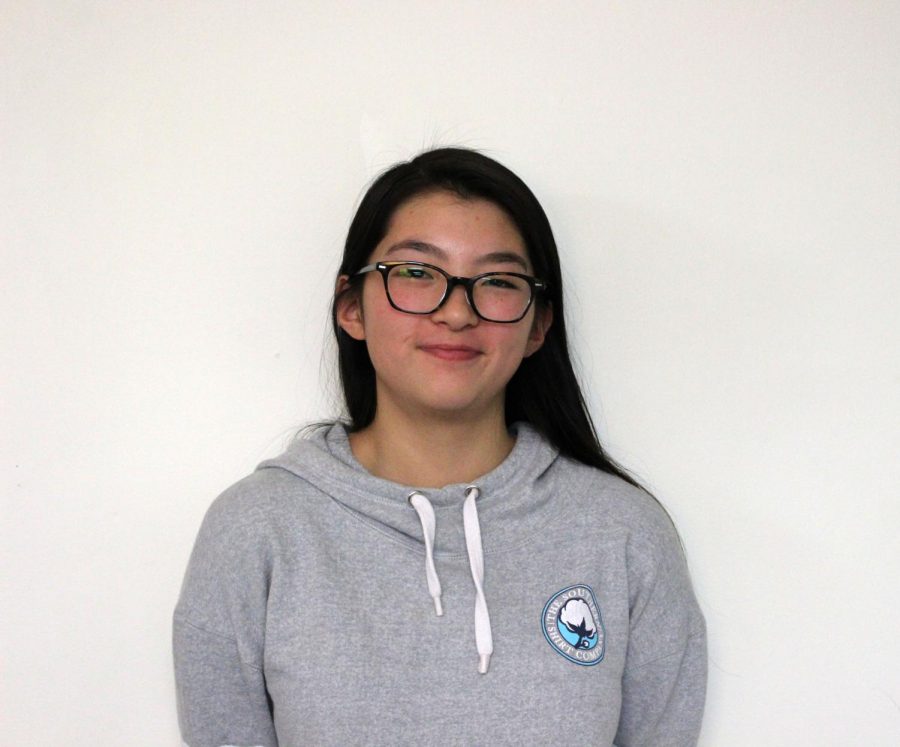
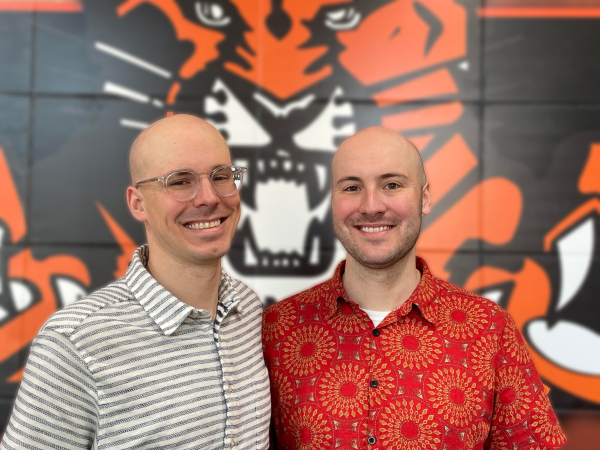
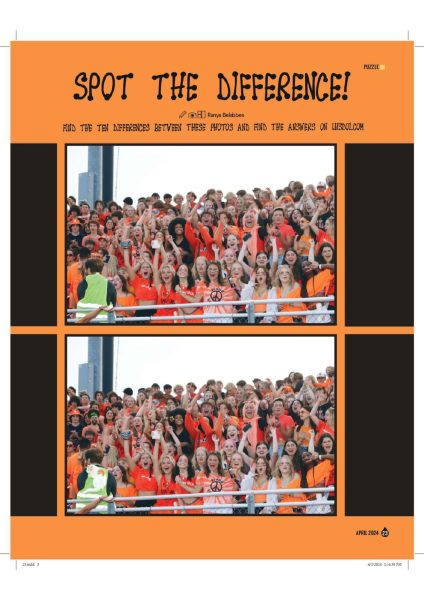
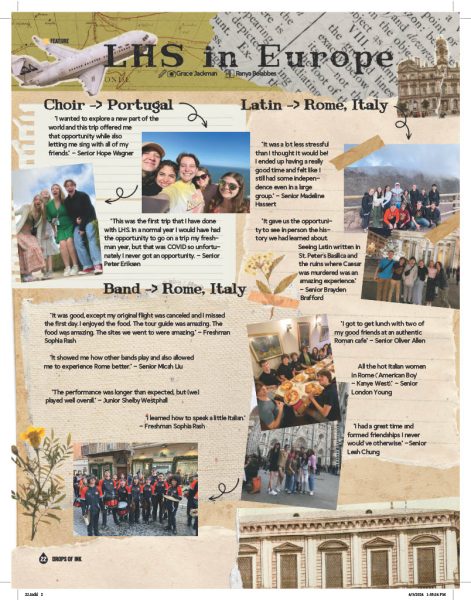

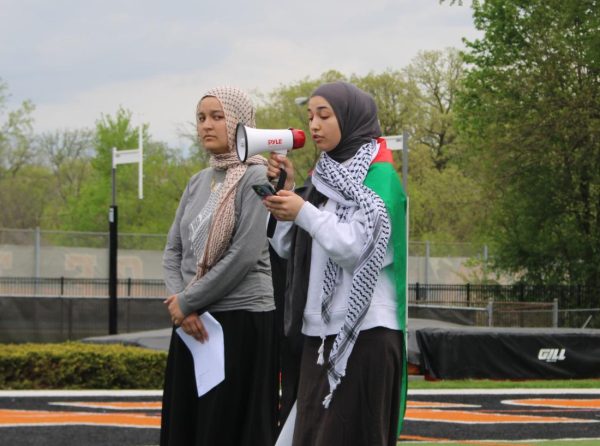
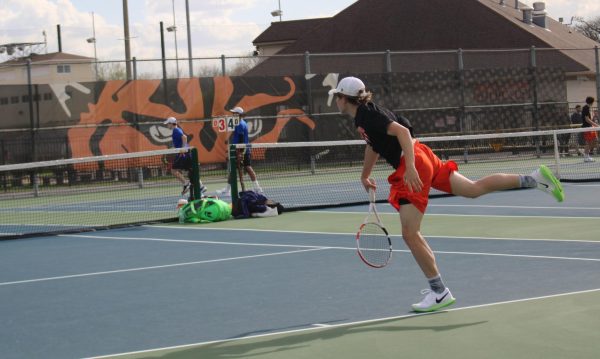
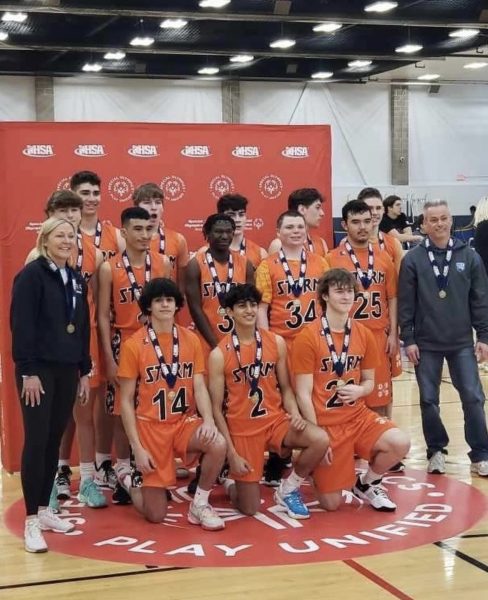
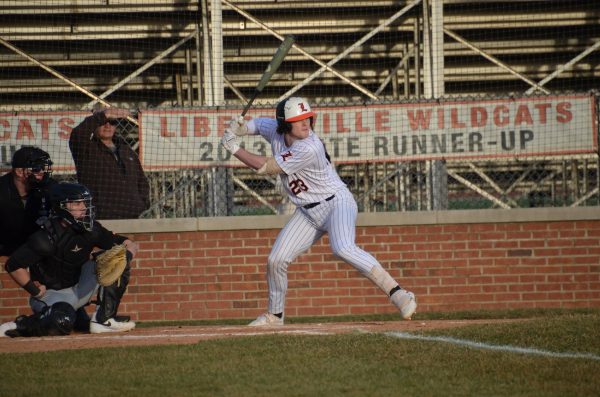
![For the final piece, a combination of Symphony Orchestra and Wind Ensemble played an extravagant song by Paul Hindemist. Flute soloist Dakota Olson had her moment highlighted within this song. “[My solo] was definitely challenging but it was fun too,” Olson said.](https://www.lhsdoi.com/wp-content/uploads/2024/03/amy-and-joey-shot-600x400.jpg)
